Hottest Planet in the solar system: Mercury closest to Sun, but shockingly, Venus beats it
Venus, our neighboring planet, holds the record for the solar system's hottest planet. Its scorching temperatures are a result of a thick greenhouse atmosphere and other unique factors.
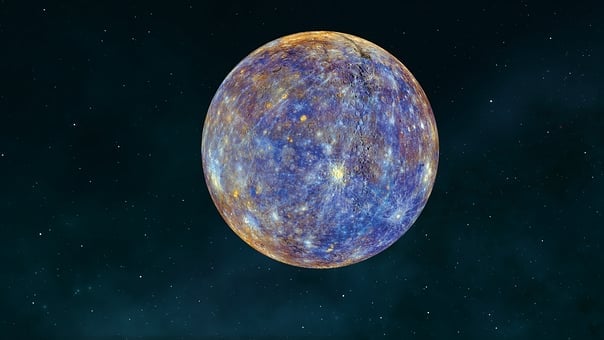
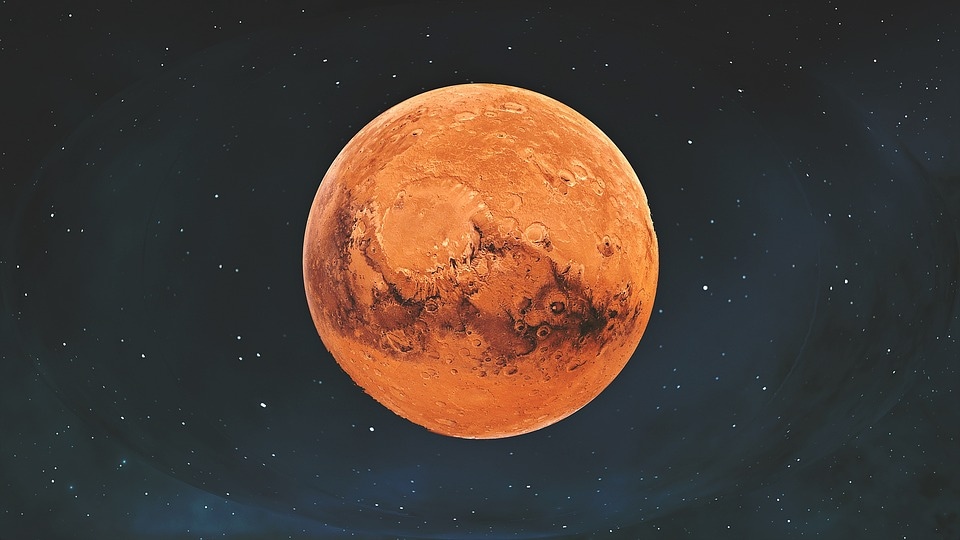
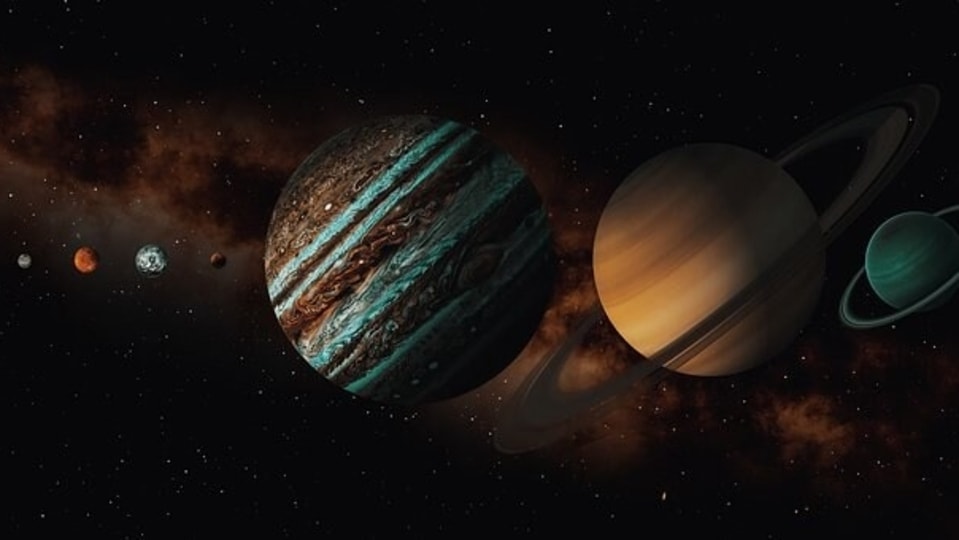
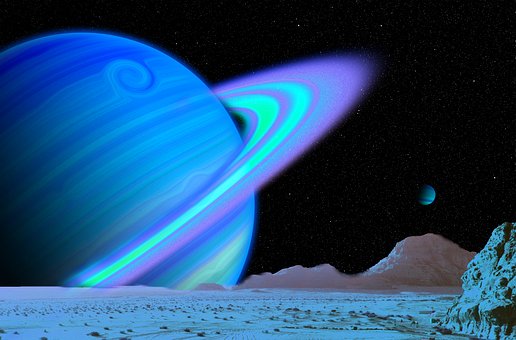
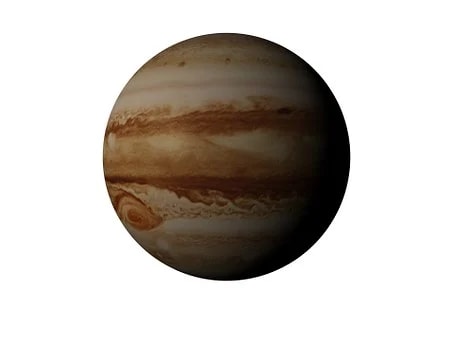
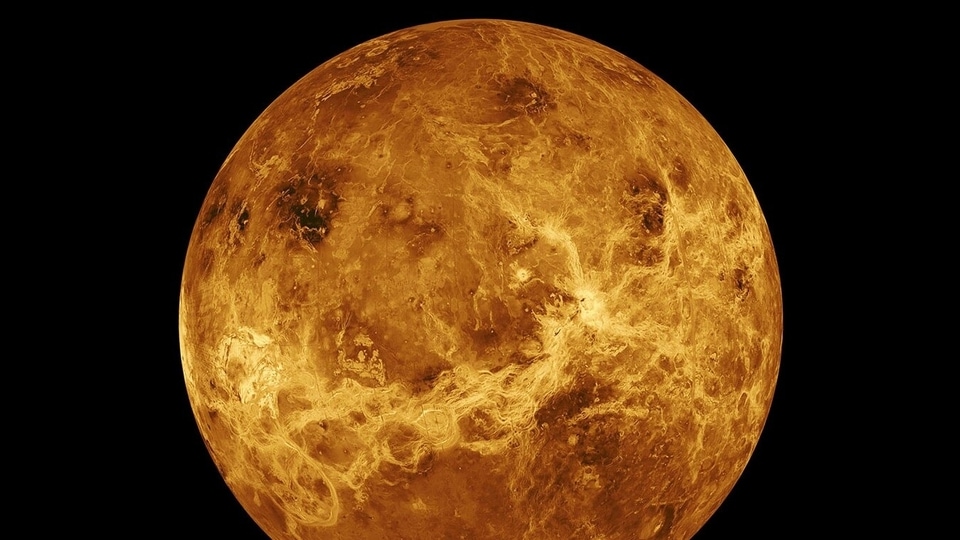
 View all Images
View all ImagesWhen it comes to scorching temperatures, no planet in our solar system can hold a candle to Venus. Often referred to as Earth's "sister planet" due to their similar size and composition, Venus stands out for its extreme heat, making it the hottest planet in our cosmic neighborhood. Astonishingly, it even beats Mercury, which is the closest planet to the Sun.
The Greenhouse Effect on Venus
The blistering heat on Venus is primarily attributed to its thick atmosphere, composed mainly of carbon dioxide. This atmosphere creates a greenhouse effect that traps heat, leading to a runaway temperature rise. Surface temperatures on Venus can soar up to a mind-boggling 900 degrees Fahrenheit (475 degrees Celsius) - hotter than the surface of Mercury, even though it's closer to the Sun.
The Clouds that Reflect Heat
The thick clouds that enshroud Venus also play a role in its intense heat. These clouds are made up of sulfuric acid and reflect a significant portion of sunlight back to the planet's surface, further contributing to the heat buildup.
One of the most intriguing aspects of Venus's extreme heat is that it defies the general pattern observed in the solar system. Typically, as you move away from the Sun, temperatures tend to drop. However, Venus manages to outshine this trend due to its unique atmospheric composition.
Challenges of Venus Exploration
Venus's scalding conditions present immense challenges for exploration. Numerous missions have been sent to study this enigmatic planet, but very few have survived the harsh environment for an extended period. The Soviet Union's Venera landers and NASA's Pioneer Venus mission provided valuable insights into the planet's atmosphere and surface conditions, but the extreme heat and pressure make long-term exploration a formidable task.
Intriguingly, in contrast to its searing surface, Venus doesn't hold the title for being the hottest planet in terms of overall temperature - core temperature. That honor goes to Jupiter, the largest planet in the solar system. Despite being much farther from the Sun, Jupiter's massive size allows it to generate its own heat through a combination of gravitational compression and residual heat from its formation.
In short, while Venus might not be the closest planet to the Sun, its thick atmosphere and runaway greenhouse effect make it the hottest, with temperatures that could easily melt lead or even liquefy rocks. Understanding the mechanisms behind Venus's extreme heat offers valuable insights into the complex interplay between planetary atmospheres and their host stars.
Catch all the Latest Tech News, Mobile News, Laptop News, Gaming news, Wearables News , How To News, also keep up with us on Whatsapp channel,Twitter, Facebook, Google News, and Instagram. For our latest videos, subscribe to our YouTube channel.


























